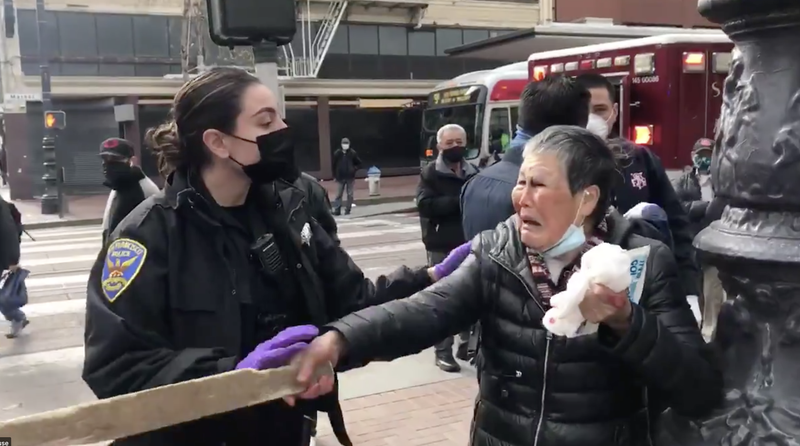
In Tim O’Brien’s classic short story, The Things They Carried, the weight of the assorted items soldiers carried to survive and tolerate the experience of the Vietnam War is methodically detailed. Indeed, it is this careful inventorying that propels the plot forward. The weight of the ammo, helmet, and endless other minutiae is visceral, and the 15 lbs. machine gun, the 20 lbs. radio and the 38 lbs. mine sweeper serve as metaphors for the crushing emotional weight each soldier bore.
Recent and continuing events have made me aware of the additional things that I must carry. For example, when I travel into San Francisco, a taser gun, 1 lbs.; a canister of pepper spray, 4 ounces; in another pocket a four inch knife, a half-pound; hard knuckle gloves so as to protect my hands, 30 ounces. Those are the tangible weights. Collectively, they do not nearly match the physical load experienced by the average grunt during the Vietnam War.
How do you weight the intangibles though? For example, if Tim O’Brien were Asian and writing this essay, what is the weight in ounces or pounds of the anxiety produced when walking alone on the streets of San Francisco, or Oakland, or New York, or Houston, or Vancouver, Canada? How many more pounds are then added if you’re Asian and a woman? What is the weight of the constant state of vigilance?
If you’ve made it this far, reader, you’ll know that this is all well-trotted narrative territory. Tim O’Brien expanded the metaphor further, however I find it a useful reminder to draw out the metaphor again—the emotional weights we’re forced to carry, like soldiers on a long march toward a veiled horizon. The fear of being verbally abused during a random encounter, 20 psychic pounds. The fear of receiving a fist to the face from a stranger, 50 psychic pounds. The fear a low-life will kill your grandparent because they are Asian and physically vulnerable, 125 psychic pounds.
Being the flavor of the month is new to some this generation, but when viewed through the entire arc of Asian American history, one should occasionally expect random violence, like the changing of the seasons.
One thing people of color generally share in common is our relative vulnerability to be scapegoated and demonized and to receive the physical, verbal, economic abuse that necessarily follows. The new weight recently added to my person, the additional emotional burden on my spiritual back—these are similar weights, I imagine, that many of my Arab, Black, and Latino neighbors carry daily. You can have more than one flavor of the month—proof again that in America there’s freedom of choice.
Some Asian Americans, maybe including you reader, enjoy a close orbit to whiteness and you may believe this proximity to the aura of whiteness will grant you protection—lift you up from the burden of your immigrant heritage; lift you from the burden of your almond shaped eyes and jet-black hair; provide distance from the precarious existence your more colorful neighbors are unable to discard.
It seems you and I were mistaken. Our orbit to whiteness is not whiteness, as recent events have shown. Whiteness will not rub off onto you like talcum powder.
Short of drastic facial reconstruction (an option for many), your white cohorts will continue to mistake you for Lei-Lei at the massage parlor or for Kwan in the IT department and will continue to feign attention at news of the latest arbitrary assault against an Asian elder. Not because they are malicious, but because our existence is foreign to them and we are equally foreign to each other—our parent’s inner lives are foreign to us, and we are foreign to ourselves.